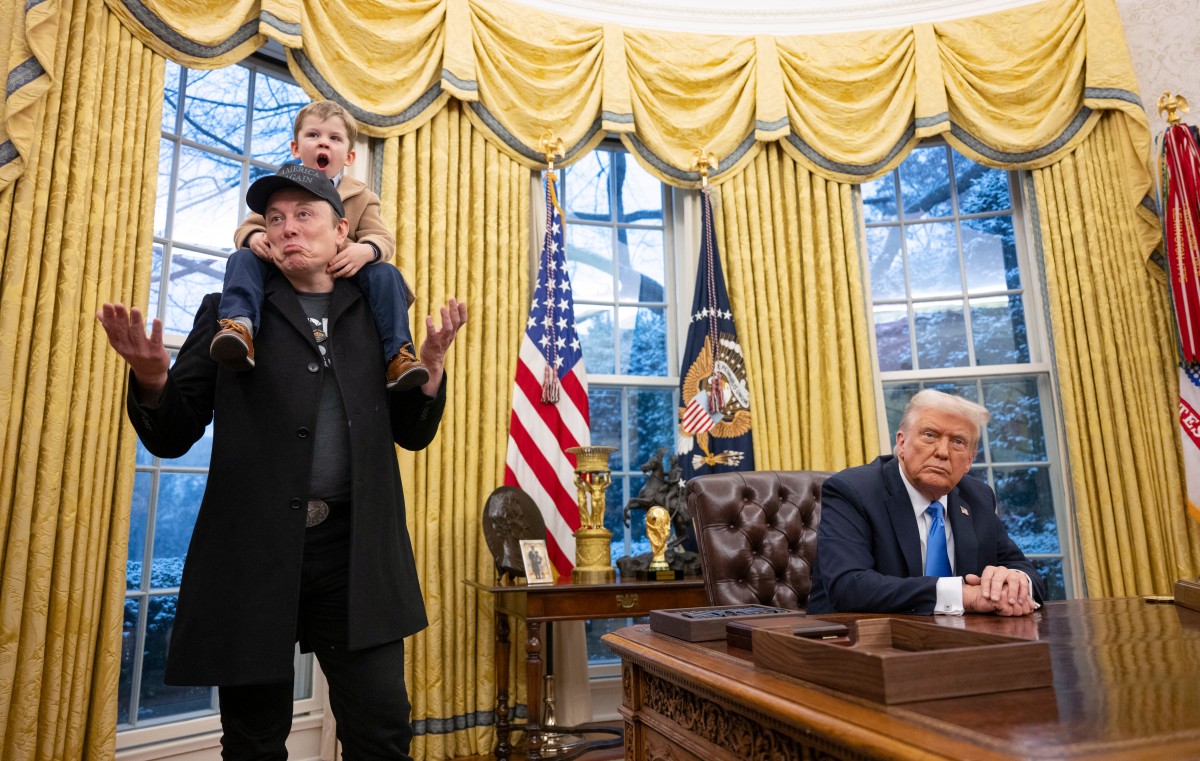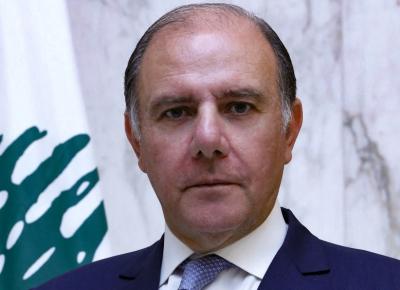Stickers spotted on the rear windows of some Teslas in Europe read: "I bought this before Elon went crazy." It seems that certain Tesla owners are keen to distance themselves from the current image of the American billionaire, who has recently been tasked by Donald Trump with slashing federal spending in the world’s largest economy. In Europe, are customers turning away from Musk due to his political stances? Musk appears unfazed, brushing off criticism. When French billionaire Xavier Niel called him a "jerk," Musk fired back, labeling Niel a "pimp," referencing Niel’s creation of the infamous Minitel Rose adult services platform.
In Germany, where Musk has waded into the political arena by endorsing the far-right AfD party ahead of the February 23 legislative elections, Tesla registrations have plummeted by 41% in 2024. While Musk’s political meddling may play a role, economic factors like the high price of electric vehicles and the end of government subsidies in Germany have also contributed to the slump in EV sales—a trend that hasn’t spared Tesla.
In the Netherlands, a survey revealed that one-third of Tesla owners are considering selling their cars as soon as possible. Meanwhile, in France, Tesla sales nosedived by 63% in January. However, the company hopes for a rebound with the release of the redesigned Model Y.
For the first time since its founding in 2003, Tesla’s global sales have dipped by 1%. Is this the beginning of a "Musk political effect" casting a shadow over the company’s growth?
Musk’s new role in the U.S. public administration gives the impression of a forceful, legally dubious intrusion into a system his supporters describe as either a bureaucratic mess or one tainted by corruption. Since returning to office, Trump has been determined to shake up the system through a combination of provocation and negotiation, cementing his "America First" agenda at every level. His strategy is simple: appoint outsiders to dismantle the status quo, ensuring these newcomers have no vested interest in preserving it. It’s a concept Trump outlined during his inauguration speech, dubbing it the "common-sense revolution." The signs were always there—no one can claim surprise.
Yet, for both Trump and Musk, intertwining politics and business could be a risky gamble.
Tesla's brand value dropped from $58 billion to $43 billion in 2024, as its increasingly controversial image weighs on its reputation. However, its financial performance remains robust: the company’s stock price has hit record highs since Trump’s election.
The Trump-Musk duo seems destined to face the challenges ahead—though at the risk of marginalizing the Republican Party for years to come and jeopardizing the fortunes and business ventures of these two relentless entrepreneurs.
 French
French














